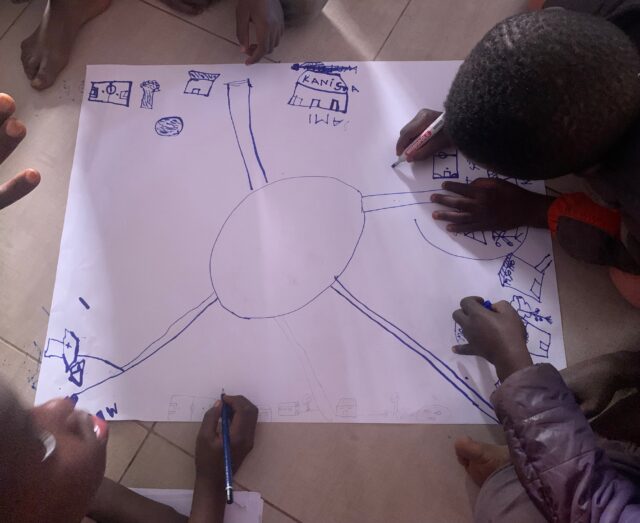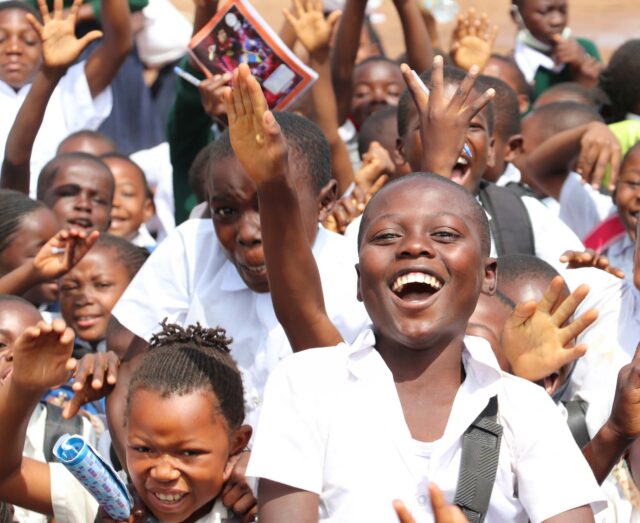Child Labour Remediation Hub for the DRC’s Mining Sector

Guest Authors
View ProfileOther posts by
Guest Authors:
 This is an excerpt from the FCA 2022 Annual Impact and Finance Report authored by Ines Kaempfer, CEO of The Centre for Child Rights and Business, on the support provided to children working at mine sites, in collaboration with local organisations, to provide them with a path away from mining.
This is an excerpt from the FCA 2022 Annual Impact and Finance Report authored by Ines Kaempfer, CEO of The Centre for Child Rights and Business, on the support provided to children working at mine sites, in collaboration with local organisations, to provide them with a path away from mining.
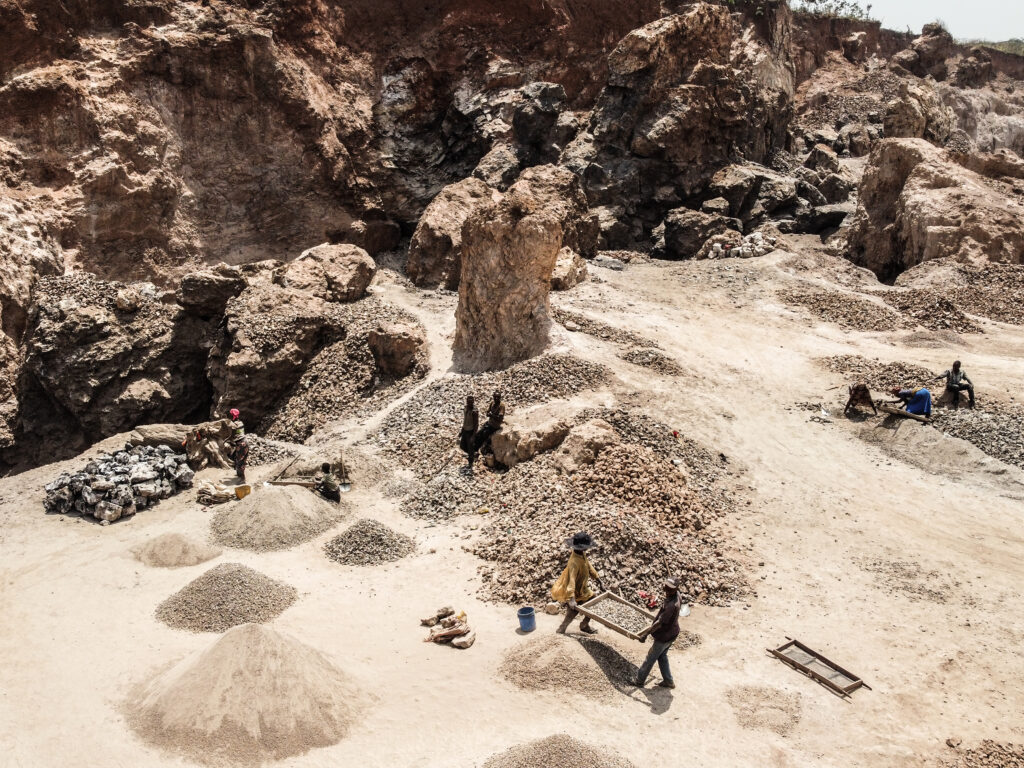
The working conditions and insufficient wages in ASM multiply risks for children and youth facing poverty: bad living conditions, insufficient healthcare and education to engage in mining as a livelihood source. Copyright: Save the Children
The Child Labour Remediation Hub (CLR Hub) was initiated by Save the Children, Fair Cobalt Alliance (FCA) and The Centre for Child Rights and Business (The Centre) to help children who are found working in cobalt mines in the Kolwezi area in the Democratic Republic of Congo. The CLR Hub aims to provide long-term remediation, which includes education integration, living stipends, and health and psycho-social support for the children who were found working in the artisanal and small-scale mines (ASM) in the area.
The CLR Hub will ensure that the children found in the ASM will be referred to case managers and will then receive financial support as well as other assistance in terms of safety, well-being and reintegration back to education. In 2022, a set of standardised child-rights-driven processes, guidelines and tools to manage the long-term remediation for children found in ASM have been developed.
In addition, remediation partners have been identified and trained on the developed tools. To date, two remediation partners, Maison Kwetu and Maison Mapendo, have been engaged. They have been trained in child protection, financial management, case management and how to provide transparent reporting on all remediation activities and tracking on the children’s situation in the program. A total of 10 persons from these two organisations have been trained in child labour remediation case management so far.
The Child Labour Remediation Programme was implemented on FCA’s key project mines as well as the surrounding mines that serve as alternatives where children tend to go as Kamilombe is no longer accessible due to improved access control. In 2022, three children were identified to join the pilot programme, during which the methodology was tested and refined. All three children integrated into the programme have begun to receive access to school, housing and continuous psycho-social support, including reconnecting them to their families. The successful pilot in 2022 will lead the way for the expansion of the programme involving a minimum of 20 children and one additional remediation partner.
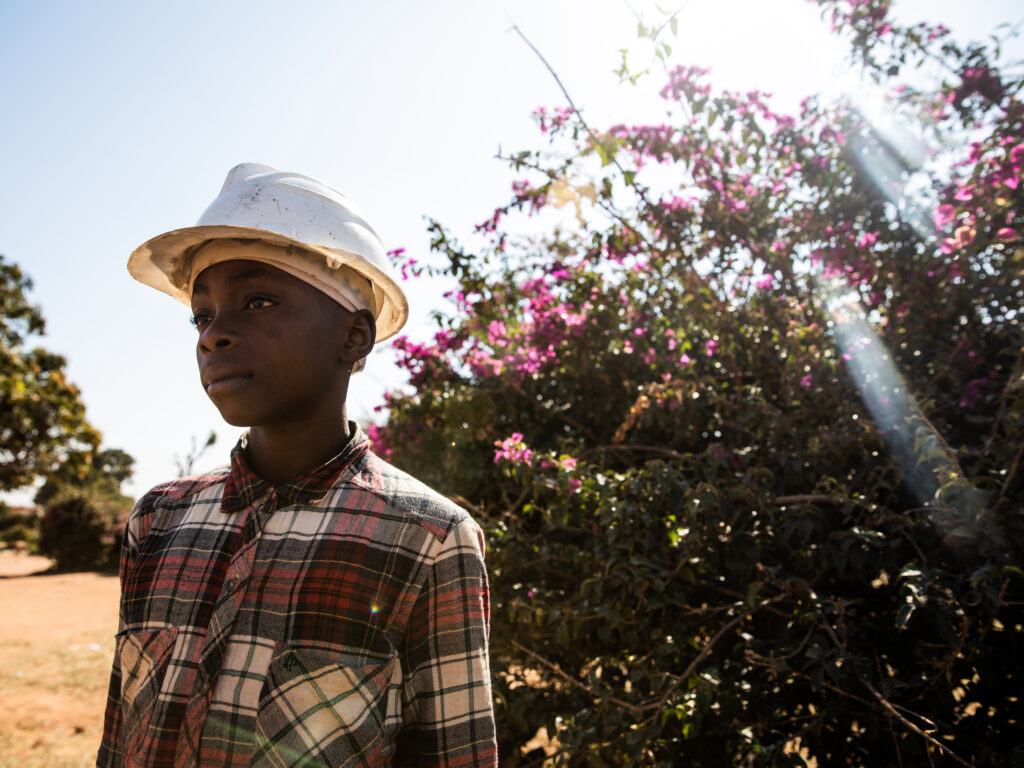
To tackle the issue of child labour in mining communities, we need strong collaboration between companies, government and civil society to develop effective, systemic and sustainable solutions, as well as a thorough understanding of local realities gained through the participation of respective mining communities when designing interventions. Copyright: Save the Children
Case study
Jean* (name changed to protect his identity) was born on Sept 21, 2008. After his mum passed away due to illness, his father left the family. His mother’s family blamed Jean for the family’s misfortune, and he was forced to leave his home. He soon dropped out of school and started working in the mines in the Lubumbashi and Kolwezi areas. He worked both inside the mine shafts and also as a guard for a group of children to ensure that no one approached their artisanal mining sites while they were working. Jean recalled these times in horror as he was afraid of the mine shafts collapsing or being shot at by the police or the military who would use guns to chase the children away. Two of his friends were killed while working in the mines. His experience was so horrific that he felt the only way he could survive was to turn to drugs.
In 2020, Maison Kwetu found him on a street in Kolwezi in bad health and took him in. Due to a lack of financial resources at Maison Kwetu, they were not able to fully support Jean with proper medical treatment or attempt his reintegration back into school.
In 2022, he was selected for the child labour remediation programme. With the financial support from the programme, Maison Kwetu staff created a tailor-made remediation plan for him that foresaw intensive medical treatment, enrolling him into Grade 6 in a local public school, as well as a step-by-step plan to reunite him with his father.
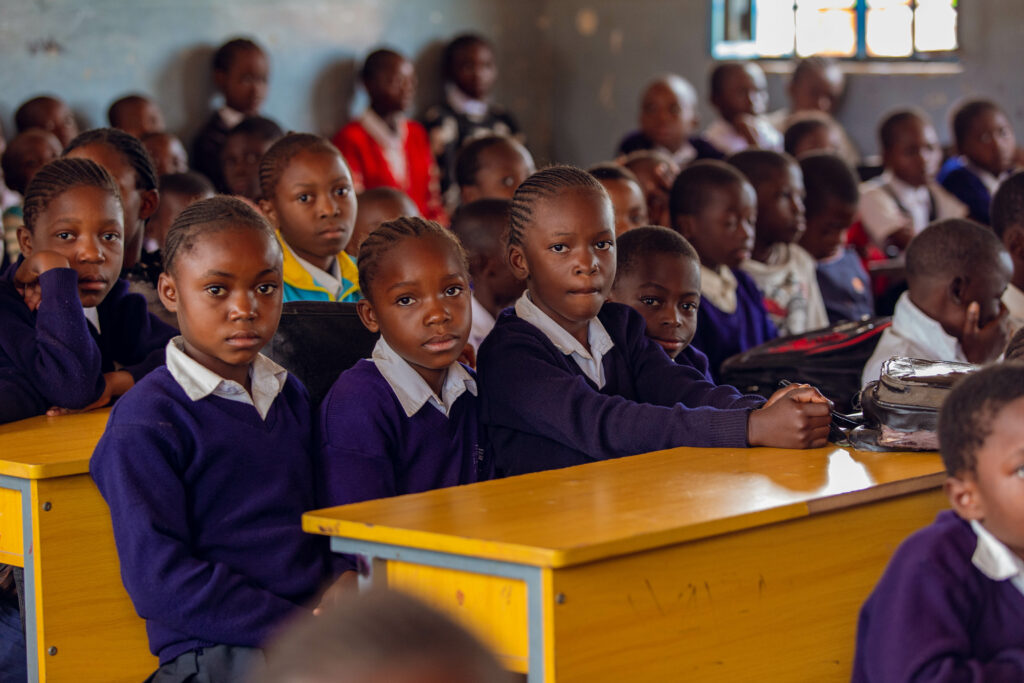
Children in mining communities, just like their peers around the world, deserve access to a dignified and resourceful educational experience.
Jean was reintegrated back into school, and the medical treatment helped him significantly to deal with his drug use. Nevertheless, help for Jean does not end here, as he requires continued support to be properly integrated into school and to fully overcome his drug addiction. He was further traumatised when the man who we believed to be his father denied being related to the boy. The search for Jean’s family continues and, unfortunately, has to be started from scratch.
Despite the hurdles and difficulties, the Maison Kwetu staff are hopeful and determined to support the boy and help him find his way. They (and Jean himself) are immensely grateful for the support they have received through the remediation programme that has benefited Jean and improved his life.
“Witnessing the ongoing and profound suffering of children in the cobalt mining communities was a heartbreaking reality to accept. It is essential that we do not look away but instead find concrete ways to work with all partners from businesses, the government, and civil society to improve the lives of children in cobalt-sourcing communities. Right now, not enough is being done to support the children in the mining communities. The Child Labour Remediation Hub we are initiating with the support of FCA marks a small and humble, but hopefully crucial step towards building a better and stronger support system for children in the Kolwezi area.”
Ines Kaempfer
CEO, The Centre for Child Rights and Business
Find out more about the work of The Centre and Save the Children – both members of the FCA, in the 2021 study, Opportunities for Businesses to Promote Child Rights in Cobalt Artisanal and Small-Scale Mining, that sheds light on the current situation of children in cobalt ASM communities and the opportunities for companies to improve child rights.
As a follow-up to the 2021 study, Save the Children commissioned a study on The Role of the Dutch Finance Sector in Improving Children’s Rights to examine how the Dutch finance sector can better support the advancement of child rights and reduction of child labour in the cobalt supply chain in the Democratic Republic of the Congo (DRC).
